If your heart sinks at the prospect of a thriller series starring Keira Knightley as a highly trained undercover agent with unfeasible martial skills, join the club. The reason I was drawn to Black Doves was when I realized it had been written by that master of tongue-in-cheek, ultraviolent, popcorn TV, Joe Barton (Giri/Haji). However disappointing Knightley might be, I thought, Barton’s mordant humor, surreal imagination and sassy dialogue would more than ease the pain.
Actually, though, Knightley isn’t at all bad — especially when she is playing her “cover” character, Helen Webb, the tradwife of defense secretary and probable future prime minister Wallace Webb (Andrew Buchan). I found her domestic scenes — making Christmas decorations with her young kids, being glamorous at the office party, dealing with the nanny, smilingly warding off the pretty, potential love rival, getting changed etc — so utterly convincing, it was as if all her really annoying performances had never happened (like that of the totally made up woman in The Imitation Game, who was far cleverer than all the male codebreakers at Bletchley).
What she’s slightly less good at — and it’s hardly her fault: it’s an impossible part — is persuading us that despite those stick-thin wrists, slender hands and frangible features she could take any amount of punishment in a brutal fist fight before finishing you off with a fruit knife. Of course she couldn’t. Nor could any woman of Knightley’s physique. It’s a trope which was ticklish, cute and quite original when La Femme Nikita came out in 1990, but thirty-four years on its charm has long since staled.
Just suppose we’re to accept that Knightley has mastered these skills. How did she do so? To stay that sharp and deadly you’d have to train in the range and on the mats every day, which obviously she has no time to do when she’s so busy baking cookies, applauding nativity plays and keeping hubby happy. Nor is it terribly plausible that she was honed to martial perfection under the tutelage of the “triggerman,” Sam Young. As played by Ben Whishaw, Young is not just literally gay but metaphorically so. That is, we’re not talking Theban Band or 300 Spartans “gay” here. We’re talking weedy, sentimental and likely to be blown over by the first gust of wind, school-playground-insult “gay.”
Nor, I’m afraid, am I totally convinced by the boss-level baddies. They’re called the Clarks (headed by Tracey Ullman) and they’re reputedly so incredibly evil and tentacular and ruthlessly efficient that once you’re on their death list, that’s it, you’re toast, no escape possible. But when, eventually you meet them, it’s like one of those awkward early date moments: “Oh. Was that it?” They’ve nothing on Bren Kinsella, the monster from that Irish gangster series, Kin.
Despite these quibbles, Black Doves is well worth a watch. Barton at half-cock is still superior to most writers at the top of their game because of his gift for creating memorable, quirky characters with decent lines, and for playing with the genre conventions so that all the usual clichés feel new-minted.
Knightley’s controller Mrs. Reed, for example, obviously owes a huge debt to Judi Dench’s M in the James Bond movies. But as played by Sarah Lancashire, she’s even better: there’s more of that Old Paulina-style steely poshness, more arch knowingness, and I love the way she pops up, like Where’s Wally?, in all manner of unexpected places, from an upper gallery at the London Library to a rather lovely carol service in St. Augustine’s Church, Kilburn.
I love Barton’s amusing incidental characters, too. Here they include Lenny (Kathryn Hunter), in thick, heavy rimmed glasses, who runs an assassins bureau from her fish and chip shop; and a couple of lesbian hit-women, one Irish (Ella Lily Hyland) and one Welsh (Gabrielle Creevy), who wisecrack bleakly, flippantly yet oddly poignantly as they shoot their way — with machine guns and even a rocket launcher — out of increasingly desperate situations, from which escape seems quite impossible.
Critics will probably complain that it is derivative — which it is: it’s a mash up of Slow Horses, early Tarantino and every film by Guy Ritchie and Matthew Vaughn, for starters. It’s not in the league of Giri/Haji or The Bastard Son & The Devil Himself, which was tragically not renewed. And the plot’s a bit all over the place — possibly because it was angling for a second series, which is now being made.
But none of that really matters. The set pieces, the dialogue and the characters are all that you could wish for in a drama like this. You will be entertained.



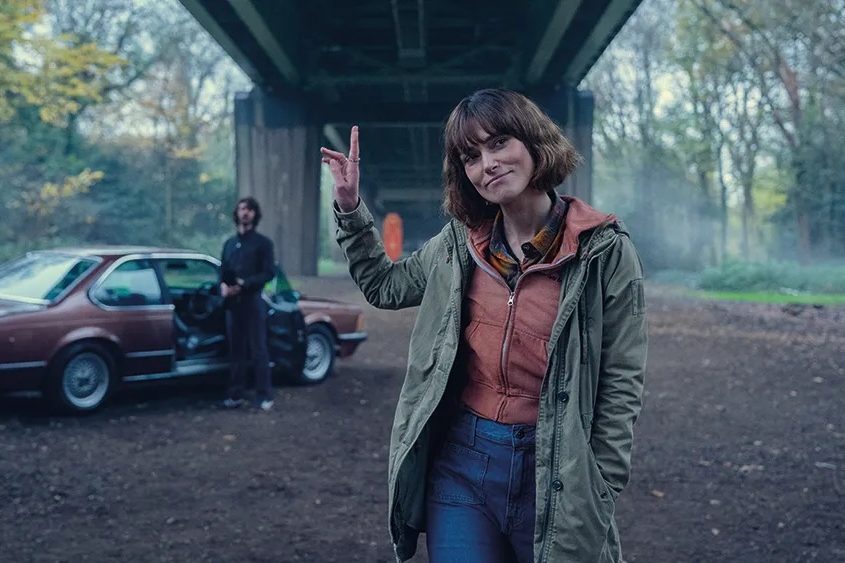


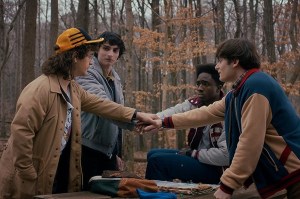

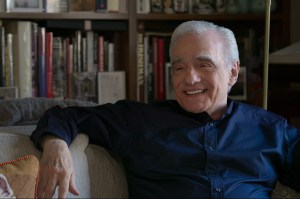

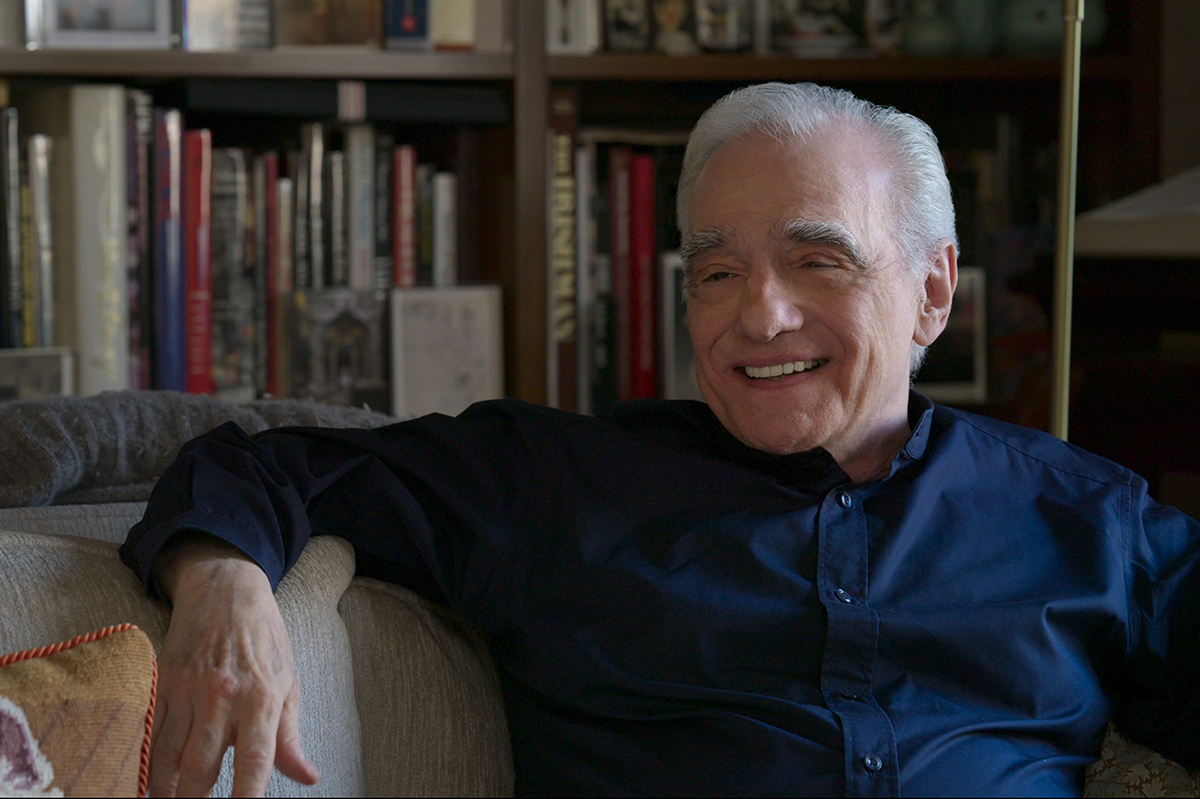

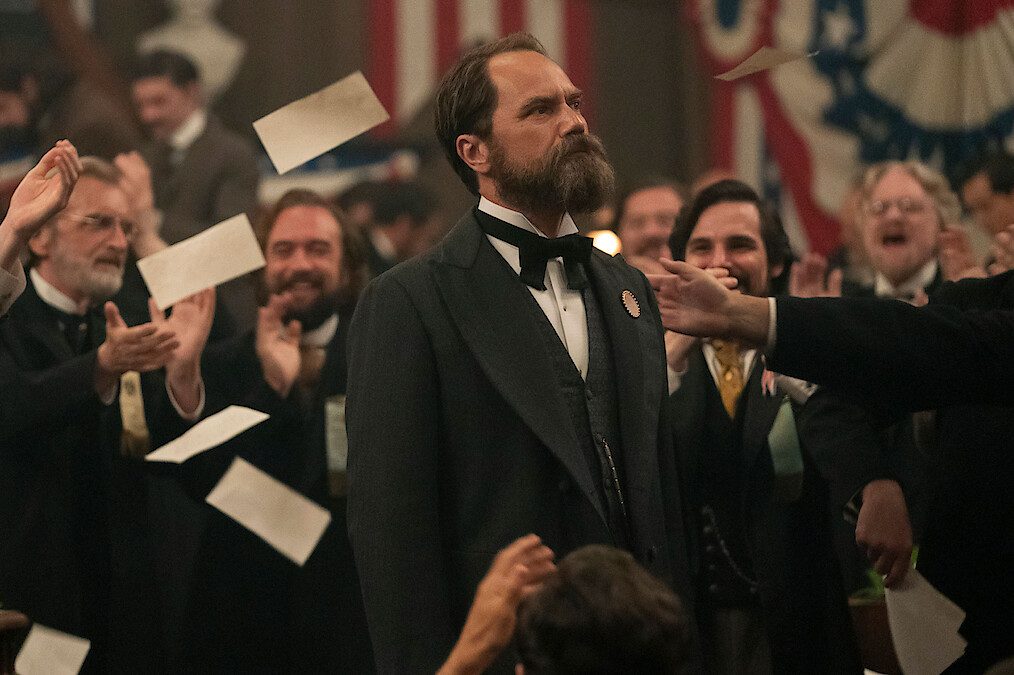

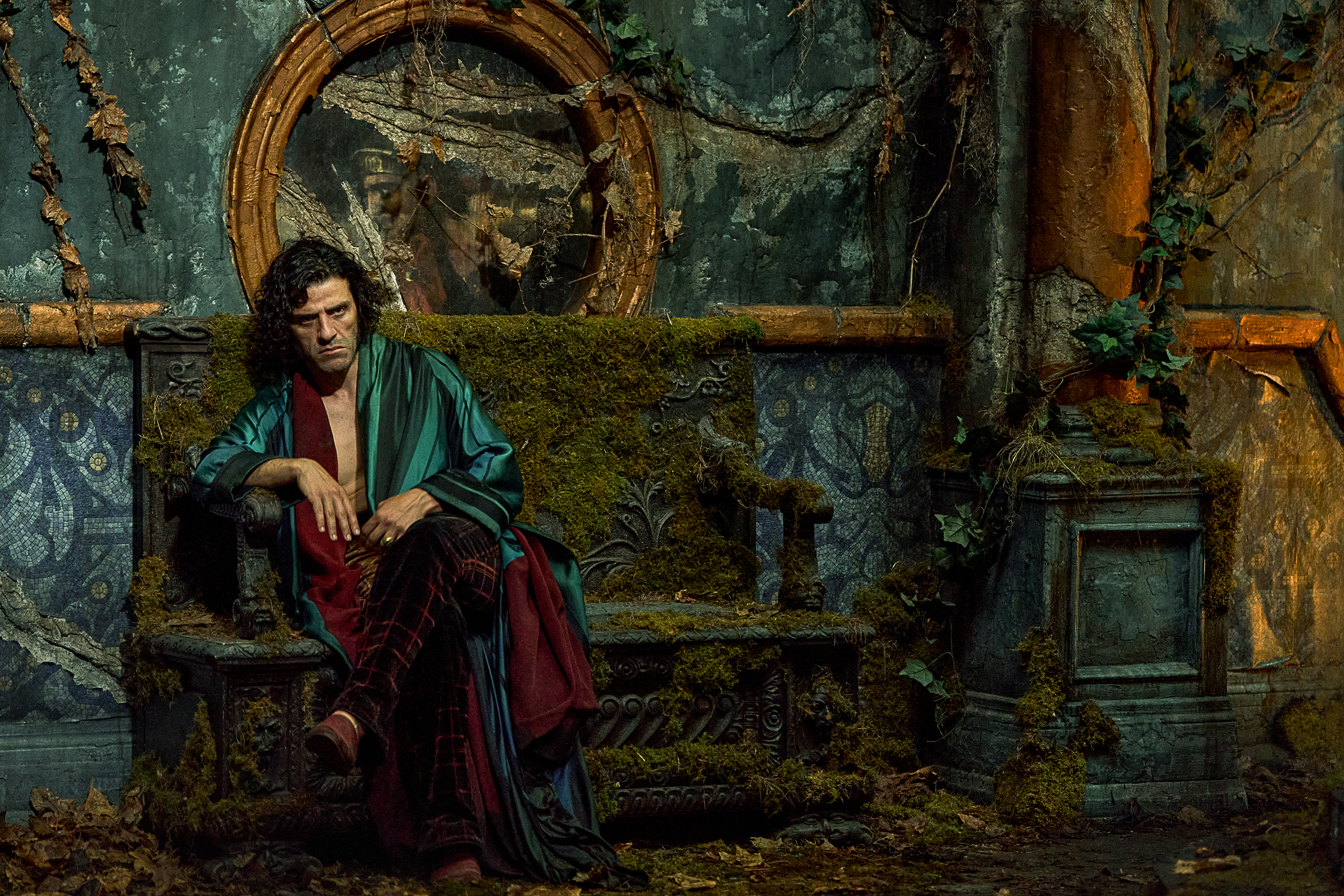







Leave a Reply